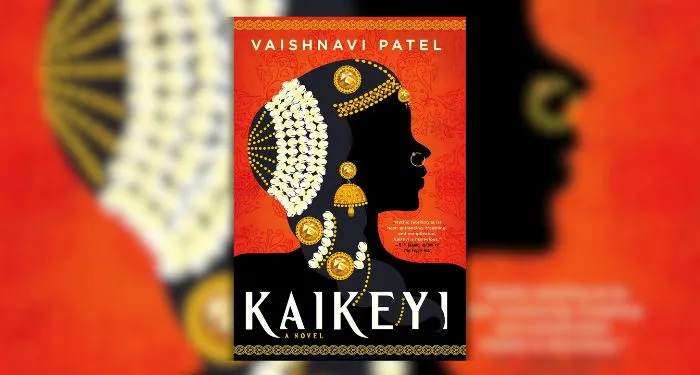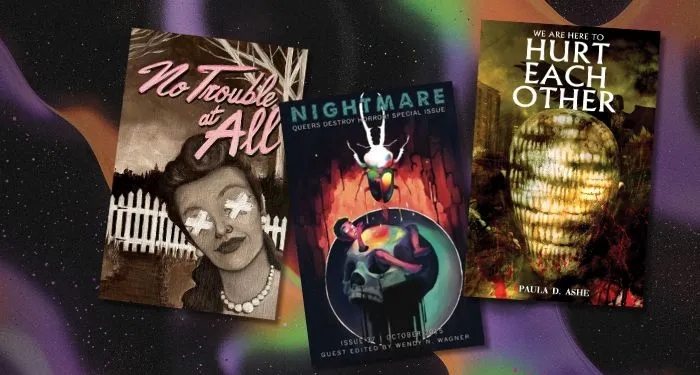I’ve been meaning to read The Beekeeper of Aleppo by Christy Lefteri since it came out, but life has always intervened. Today, however, I am delighted to share my review as The Beekeeper of Aleppo is my U3A book group’s choice this month and we’ll be discussing it later today.
The Beekeeper of Aleppo was published by Bonnier imprint Manila Press on in paperback on 20th February 2020 and is available for purchase here.
The Beekeeper of Aleppo
In the midst of war, he found love
In the midst of darkness, he found courage
In the midst of tragedy, he found hope
What will you find from his story?
Nuri is a beekeeper; his wife, Afra, an artist. They live a simple life, rich in family and friends, in the beautiful Syrian city of Aleppo – until the unthinkable happens. When all they care for is destroyed by war, they are forced to escape.
As Nuri and Afra travel through a broken world, they must confront not only the pain of their own unspeakable loss, but dangers that would overwhelm the bravest of souls. Above all – and perhaps this is the hardest thing they face – they must journey to find each other again.
Moving, powerful, compassionate and beautifully written, The Beekeeper of Aleppo is a testament to the triumph of the human spirit. Told with deceptive simplicity, it is the kind of book that reminds us of the power of storytelling.
My Review of The Beekeeper of Aleppo
Nuri is fleeing his homeland with his wife Afra to claim asylum in England.
The Beekeeper of Aleppo is simultaneously beautiful and brutal. Christy Lefteri’s prose is mesmerising, poetic, and stunning. She paints a picture of people and places with such skill it is impossible not to picture them in your mind’s eye. And yet her writing is equally spare, pared back and essential, particularly through direct speech, so that the narrative feels all the more affecting and profound. The fractured and yet united transition by white space and single words between chapters in The Beekeeper of Aleppo is utterly brilliant. Through this simple device the author illustrates the links between us all. The book illustrates that we can find common ground, common experiences and united humanity. This is such an important message. Indeed, the entire book is filed with stories – from the one we are reading to the ones Nuri tells Sami and Mohammed to those the characters share on their journeys. This really is a book about the power of language – not least because words are Afra’s ability to see.
I thought writing from Nuri’s perspective was inspired. Society spends so much time vilifying asylum seekers and immigrants and yet through Nuri’s story we begin to see beneath the headlines, discovering the truth about how and why the oppressed and displaced arrive in our countries. I loved the fact that Nuri is flawed and human. Here we have a man who is simply trying to survive, protect his wife and mourn the killing of his young son. I found the insight into his mental health made him all the more real and, whilst his narrative is hugely affecting, it had an additional impact for me from being through a man’s eyes because so much of the emotional first person fiction I encounter is from a female viewpoint. Seeing a man this way felt genuinely humanising. In amongst all the horrors he encounters on his journey and some of the dubious activities he needs to carry out, it was in fact, his small act of defiance towards his father’s business that undid me. His sense of guilt balanced against his need to tend the bees and the importance they have in his life was strikingly emotional.
I found Afra both heart-breaking and inspiring. Her blindness gives her an understandable vulnerability, and yet her strength is beyond measure. To endure what she does and survive is profoundly moving.
Whilst Nuri and Afra encounter many others on their journey, the cast of characters is actually rather small, so that there’s a feeling of intimacy as well as universality in their narrative that is really impactful. The naming of Mohammed is perfect. One of the most popular names in the world means that we have a narrative in The Beekeeper of Aleppo that is true for so many people. I found it terrifying that the book was written before the current international conflicts and yet we seem to have regressed. This is a story I wish every world leader would read and reflect upon. The metaphor of the single wingless bee – a true character in the tale – could not have been better depicted. Nuri’s desperation to help it, its unsafe position in life and its tenacity was a real reflection of so many humans in the book.
Filled with grief and sadness, The Beekeeper of Aleppo is, ultimately, a story of hope, of the power of love and the basic, human need to belong. I thought it was magnificent and cannot recommend it more highly I will not forget it in a hurry.
About Christy Lefteri
Brought up in London, Christy Lefteri is the child of Cypriot refugees. She holds a PhD in creative writing from Brunel University, where she was a lecturer for many years. She is the author of Songbirds and the international bestseller The Beekeeper of Aleppo, which won the Aspen Words Literary Prize and was the runner-up for the Dayton Literary Peace Prize. Her first novel, A Watermelon, a Fish and a Bible, was longlisted for the International IMPAC Dublin Literary Award.
For further information follow Christy on X @christy_lefteri.





















 English (US) ·
English (US) ·